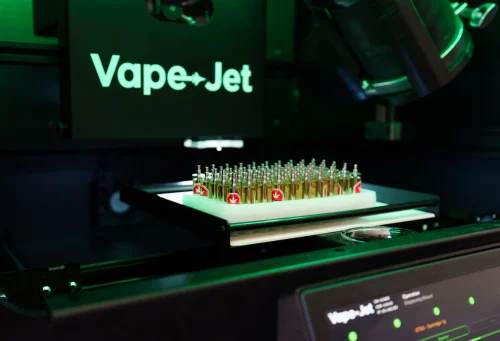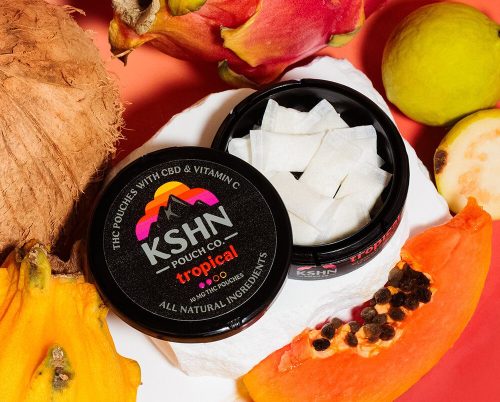Many of those that are diagnosed with ADHD rely on using cannabis as self-medication. This is due in part to a lack of access to medical cannabis.
However, studies have found that those with ADHD were more likely to use drugs. Generally, they do so to improve their mood and sleep in contrast to controls, who used drugs for inebriation.
This disorder affects five percent of children and three percent of the adult population in the United States. ADHD symptoms include:
- Impairing levels of inattention, the inability to focus
- Hyperactivity and impulsivity
- Emotional dysregulation and instability
- Cognitive impairments and learning disabilities
- Psychiatric comorbidities, or existing simultaneously with other disorders, i.e. depression
During 2004 and prior doctors were, in fact, advocating for cannabis as a treatment method for ADHD. They were even able to prescribe it in some cases. Patients who use cannabis describe the effect of the substance as making them calmer, less restless, and sleep better. Some reported that it was able to help them focus and thus commit to their work.

Despite the popularity of stimulants as a treatment method for those with ADHD, stimulants are not always well-tolerated. They may negatively affect the bodily health, sleep, or mood of the patient taking them. The FDA has already put warning labels on several ADHD medications. These labels describe risks of cardiovascular effects, growth suppression, the development of psychosis, or other psychiatric conditions. In addition to this, it is common for patients to have a partial response to treatment.
The Needs Of A Large Portion Of The ADHD Community Are Not Being Met
Comparatively, a randomized placebo-controlled pilot trial done on Sativex and ADHD found promising results. Sativex, a cannabis product, use improved hyperactive and impulsive symptoms. It also correlated with a trend for improvement for symptoms of inattention and emotional imbalance. Stunningly, there were no negative effects on those with ADHD when taking the medication.
Sativex is a 1:1 CBD to THC product, and so the trial poses the possibility that the entourage effect protects from negative symptoms. Another theory was the calming effect of both cannabinoids together could have lead to a calming effect which helped the adults with ADHD deal with their symptoms.

The value from this trial comes from providing medical evidence supporting that those with ADHD use cannabis for self-medication rather than as a recreational narcotic. Stimulants and cannabis are some of the “most commonly abused substances” by ADHD people, which seems to be an unfair characterization of the strategies ADHD people use to cope with their condition. Research such as this trial is another step towards defeating the stigma against medical cannabis and allowing individuals to responsibly medicate through their preferred methods.
Another study done on those with a childhood diagnose of ADHD found an altered relationship between cannabis use, the endocannabinoid system, and the hippocampus for ADHD individuals compared to a control group. This study further proves the shortage of research on the unique relationship between ADHD individuals and the substance.
Doctors Have Suggested Cannabis As An Alternative To ADHD Medications For Over A Decade
Dr. Benjamin Caplan of CEDfoundation.com notes that many of his patients are learning to use products rich in THCV, or Tetrahydrocannabivarin, as an alternative to traditional stimulants.
THCV reduces anxiety, suppresses appetite, and may improve memory while limiting psychoactive activity. This is an ideal option for patients who react well to cannabis. Instead of needing a prescription, individuals can pick up THCV rich cannabis strains at their nearest dispensary, along with THCV vapes, oil extracts, and tabs. The variety of consumption methods only further empowers the patient.
However, if anyone is feeling indecisive, Suicide Girls offer the sexy “Zero” line of THCV infused vape.







